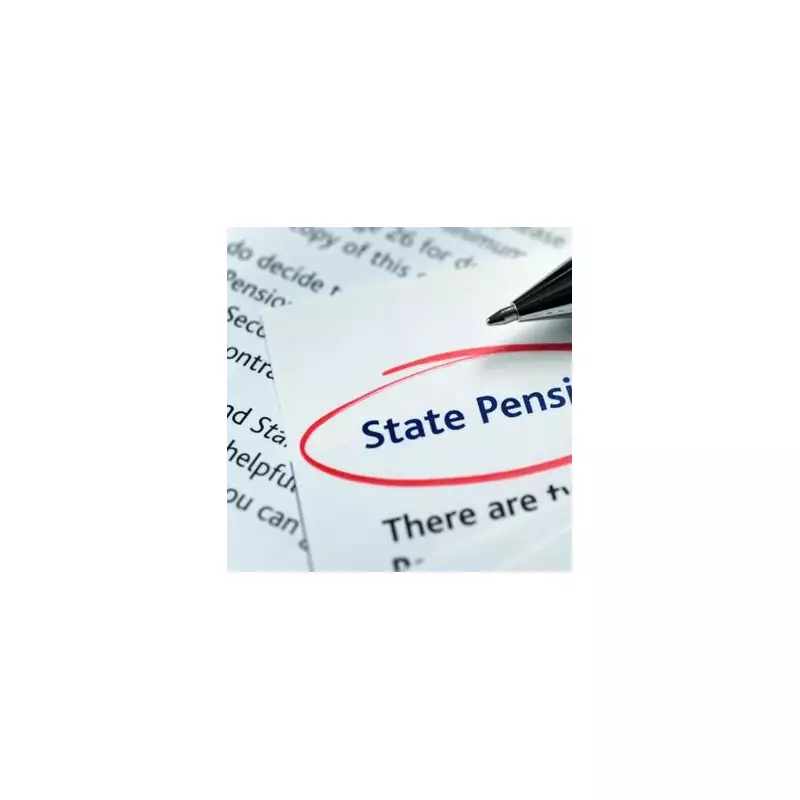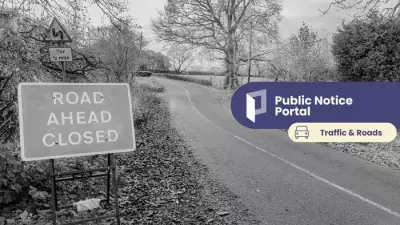
Hundreds of thousands of state pensioners across the UK are facing an unexpected financial blow, with many set to pay hundreds of pounds more in tax following the government's Autumn Budget announcement.
The Budget Changes Explained
Chancellor Rachel Reeves is expected to unveil a significant tax policy shift in her Autumn Budget on November 26. The central proposal involves increasing income tax by 2 percentage points while simultaneously cutting National Insurance (NI) contributions by 2 percentage points for earnings under £50,270.
This move, according to analysis by the Resolution Foundation, would raise approximately £6 billion while protecting workers' take-home pay. For the average worker earning £35,000, this policy would result in no change to their overall tax contribution.
Pensioners Bear the Brunt
However, the situation is dramatically different for pensioners. Since retirees don't pay National Insurance, they won't benefit from the NI cut but will be fully exposed to the income tax increase.
Analysis of HMRC data by consultancy LCP reveals that the average pensioner, with an annual taxable income of £19,023, would pay £380 more in tax every year under the proposed changes.
The impact escalates significantly for pensioners with higher incomes. A retiree with an income of £35,000 would see their annual tax bill rise by £449 to £4,935.
Triple Whammy Warning
Former pensions minister Steve Webb told The Times that millions of pensioners are facing a "triple whammy" of financial pressures. "Millions of pensioners have already suffered from the freezing of tax thresholds, which has brought more of their income into tax, and means more pensioners each year start paying tax at the higher rate," he explained.
Sir Steve, who served as Pensions Minister in the coalition government, added that pensioners with incomes over the £35,000 threshold will also lose their winter fuel payments, compounding the financial pressure from the potential tax increase.
Adam Corlett, Principal Economist at the Resolution Foundation, commented on the broader economic context: "Policy U-turns, higher borrowing costs and lower productivity growth mean that the Chancellor will need to act to avoid borrowing costs rising even further this autumn. Significant tax rises will be needed for the Chancellor to send a clear signal that the UK's public finances are under control."
The Autumn Budget, scheduled for November 26, is expected to generate substantial debate as the government balances fiscal responsibility with protecting vulnerable groups in society.





